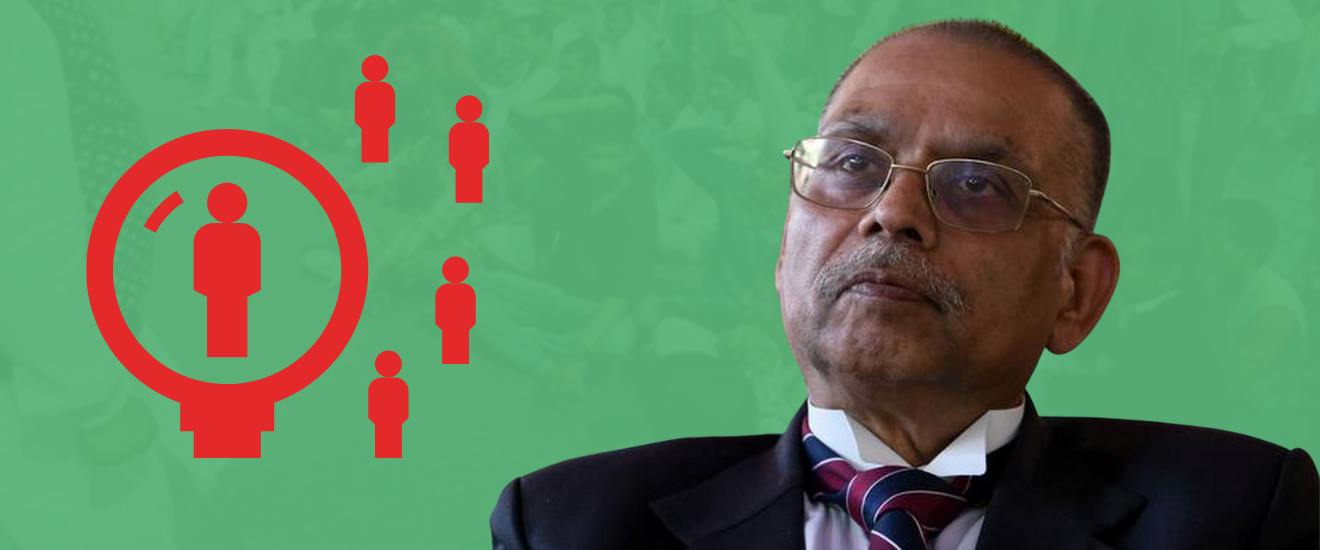Analysis
Caste Census and Bhushan J’s Push for Data
Bhushan J's Maratha judgment pushed the Union to collect contemporaneous data on caste in the country.

Justice Ashok Bhushan wrote the lead opinion in the landmark Maratha Reservation Case. Here, the Court was deciding if the Maharashtra Government’s policy of providing reservation to the Maratha community was constitutional. Bhushan J held that it was not. While doing so, he made important observations about the kind of analysis necessary to determine which communities require reservation. In this post, we discuss the impact of Bhushan J’s judgment on the demand for data on the caste composition of India.
Bhushan’s Maratha judgement
Bhushan J held that the Marathas were not a Socially and Economically Backward Class (SEBC). He observed that the Gaikwad Commission, which had recommended reservation for the Marathas, did not conduct any contemporary analysis of the situation of the Marathas. He said that reservation must be based on ‘contemporaneous data’. So, there was no justification to include Maratha among SEBCs that could claim reservations.
The importance of data was stressed in Bhushan J’s judgment, building upon earlier cases including M Nagaraj and Jarnail Singh. Bhushan’s emphasis on data will constrain future measures by governments seeking to institute affirmative action measures. It will also guide the Court’s decisions on affirmative action policies.
Caste in the 2022 Census
The last National Census in which caste data was recorded and published happened in 1931. Then, caste data was recorded in the 1941 and 2011 census, but was never published. Today, the Census only records caste information for Scheduled Castes and Scheduled Tribes categories. Demands for caste data collection are raised before every census. The country currently awaits the next census, delayed from 2021 due to COVID.
Meanwhile, the Maharashtra government is currently pursuing a petition against the Union in the Supreme Court. It demands that caste data be collected in the next census. The data is sought to gain a clearer picture of the caste composition of the country, so that reserved seats may be distributed accordingly. The Union has, through an affidavit, stated that such data collection is not feasible.
The Maharashtra government’s demand is echoed by other political leaders too. The Chief Ministers of Odisha, Jharkhand and Bihar have communicated the need for a caste census to the Union. The Bharatiya Janata Party’s National Secretary, Panjaka Munde, has also raised this demand. In April 2021, the National Commission for Backward Classes also recommended that the Union collect data on the population of OBCs in the country.
The Maharashtra Government also seeks the release of the caste data collected as part of the 2011 census. The Union has resisted releasing this information since 2011. It states that there were grave errors in the data collection and categorization.
This demand for data comes as the demands for recalibrating or expanding reservations, particularly for OBCs, increases. The last decade has seen an increase in agitation for reservations from Jats, Patidars and Marathas, among others. However, Justice Bhushan’s observations on the need for contemporaneous data as the basis for affirmative action policies means that none of this will be possible without reliable data.
